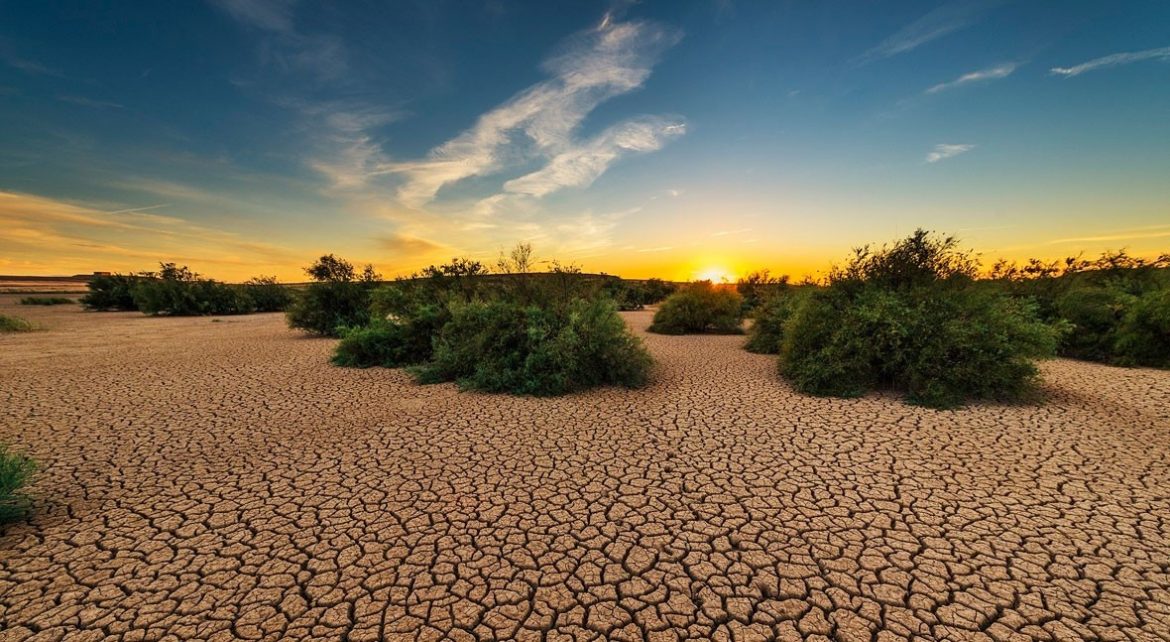Estimates from the United Nations have shown that an unprecedented drought in the Horn of Africa has brought over 21 million people to the verge of famine.
While hundreds of thousands of people had limited access to medical care due to the massive floods that hit Pakistan last summer, which claimed the lives of about 1,700 people and destroyed dozens of healthcare facilities, the risk of malaria and cholera outbreaks is increased as a result of the contaminated flood waters.
Such extreme weather events are becoming more common and more intense due to climate change. Along with conflict and the Covid-19 pandemic, it is also escalating the humanitarian crisis in weaker nations.
Read also: #COP27: John Kerry switches to remote work after contracting Covid as negotiations drag on
“Most of the money that’s available to humanitarian agencies, who are dealing with bigger problems than they’ve ever had to face, is provided after the tragedy has struck, in reaction to it,” says Mark Lowcock, a senior fellow at the Center for Global Development, a think tank headquartered in Washington, DC.
Humanitarian organizations have had to reconsider their methods of operation due to the changing environment.
The International Federation of Red Cross and Red Crescent Societies (IFRC) and UN relief organizations are pushing for a change from responding to predictable events to anticipating their effects and offering assistance to local people before disasters occur.
“We need to move the whole humanitarian system to act more frequently on the basis of what we know is about to happen rather than react to things that have already happened,” says Lowcock, who served as UN relief chief between 2017 and 2021.
This new strategy, also known as anticipatory action or early action, is easier to put into practice than in the past thanks to current technologies. Drones can assist map and monitoring risks, smartphones can get early warnings, and artificial intelligence algorithms can enhance weather predictions.
“The thing about climate change is you can predict bad events in advance. If an earthquake strikes, you might get a few seconds’ notices. On the other hand, when storms are brewing and threaten islands, because of the quality of our technology, we now know days in advance about the path of storms,” says Lowcock, who adds that the same applies to floods and droughts.
Story was adapted from WSI.
